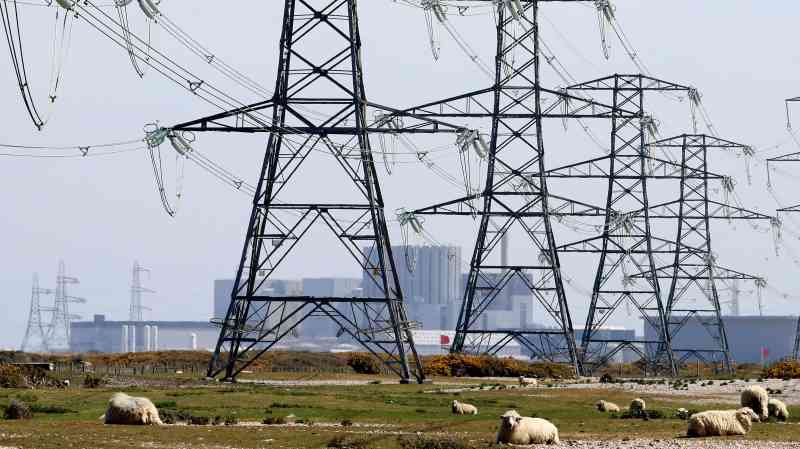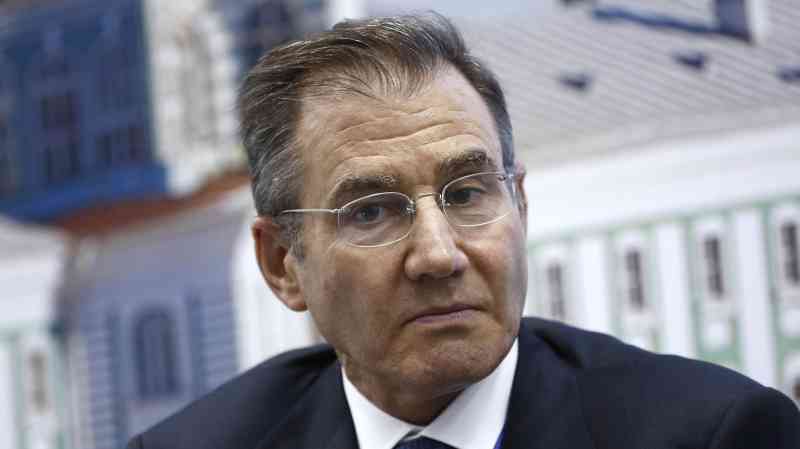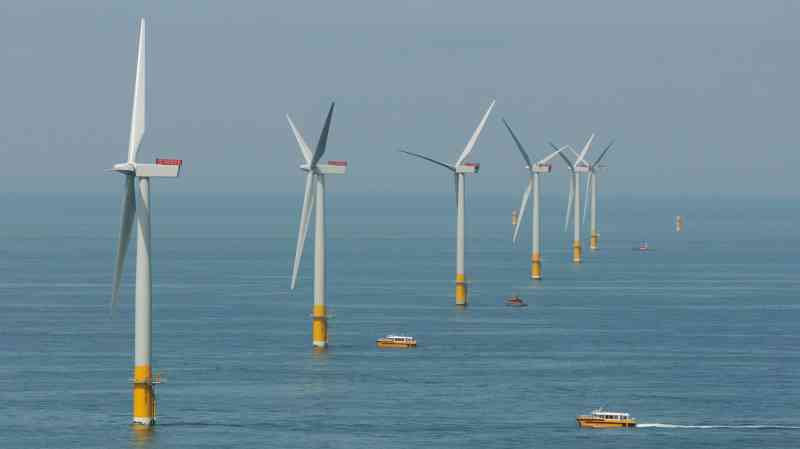Ofgem cuts risk blackouts, warns National Grid boss John Pettigrew
Britain will be at increased risk of blackouts under Ofgem plans to cut investment in energy networks, the boss of National Grid has claimed.
John Pettigrew warned that power lines in parts of the country would start to “decay” after the energy regulator rejected its proposals to bill consumers for replacing them.
“It is deeply concerning for us because ultimately you’re increasing the risk on the network,” he told The Times. “The risk of a loss of supply increases as a result of not spending as much on asset health, because the assets are deteriorating as they age.”
The FTSE 100 utility group, along with SSE and Scottish Power, its fellow regulated network groups, are at loggerheads with Ofgem over a draft price settlement that would halve their returns from 2021 and would disallow billions of pounds of proposed investments.
Network companies’ spending is funded through levies on energy bills and the regulator says that the draft settlement will deliver “unprecedented value for money for consumers”. It says that in some cases companies have failed to justify expenditure, while in others it would be better to wait and to approve spending on big new projects over the next five years as it becomes clearer what is required to hit climate targets.
Mr Pettigrew, 51, argued that Ofgem’s plans would increase risks to security of supply, lead to job losses and hamper efforts to tackle climate change. He said tht National Grid was prepared to file an appeal against the plans to the Competition and Markets Authority for the first time, if Ofgem did not relent by a final settlement in December.
National Grid operates the high-voltage electricity network in England and Wales and Britain’s national gas network. It also has a networks business in the United States and reported underlying profits of £3.5 billion in the past financial year.
Mr Pettigrew said that it had proposed upfront spending of about £10 billion on its UK networks over the next five years, but this had been roughly halved under Ofgem’s draft plan. “The thing I’m worried about more than anything is that the level of [capital expenditure] reduction is going to result in a decay in the overall asset health of the networks,” he said.
National Grid had proposed more than £3 billion of projects focused on the reliability of the existing electricity networks, but this had been cut by an “unprecedented” 80 per cent. “The resilience of the network will deteriorate,” he said.
Mr Pettigrew highlighted a £40 million project to replace one of the two cables serving Sheffield, which has had reliability issues and needs to be replaced in the next five years. If it failed, Sheffield would be served by a single line, putting it at heightened risk of blackouts. However, Ofgem’s draft plan had rejected the spending.
An Ofgem spokeswoman said that maintaining network reliability was its “top priority” and “wherever network companies have demonstrated they need vital funding to do this, we have given them the go ahead”.
However, it would not “green-light spending billions of consumers’ money on poor or poorly evidenced proposals”. National Grid had “failed to demonstrate the need to replace” the Sheffield cable and had cited “a single survey from 2015 as evidence”, she said. Ofgem stood ready to approve this and other spending on reliability if National Grid provided “better evidence”.
Mr Pettigrew also said that job cuts in National Grid and its supply chain were a “likely outcome” of Ofgem’s draft plans because its total investment would be reduced to about £1 billion a year from about £1.3 billion at present. “If there’s less investment, then clearly that will result in less work, so that will obviously have an impact on jobs,” he said.
He said that Ofgem should have approved more of its proposed projects to support decarbonisation upfront rather than waiting to decide on them over the next five years, since it was “very clear that they are needed”.
Mr Pettigrew added that Ofgem was making them subject to “quite a detailed and bureaucratic process of approvals . . . which will just slow everything down. It will put at risk our ability to deliver what needs to be done over the next five years to support net zero because projects won’t progress as quickly.”
Ofgem’s spokeswoman said that its draft plans would “likely see higher levels of spending” than at present, as additional investments to meet net- zero targets would be approved through an “efficient” process, and its plans would therefore “create jobs”.
She added: “We welcome all feedback from companies on our proposals, as it’s vital we work together to build a fairer, greener energy infrastructure capable of delivering net zero emissions at the lowest cost to consumers.”






